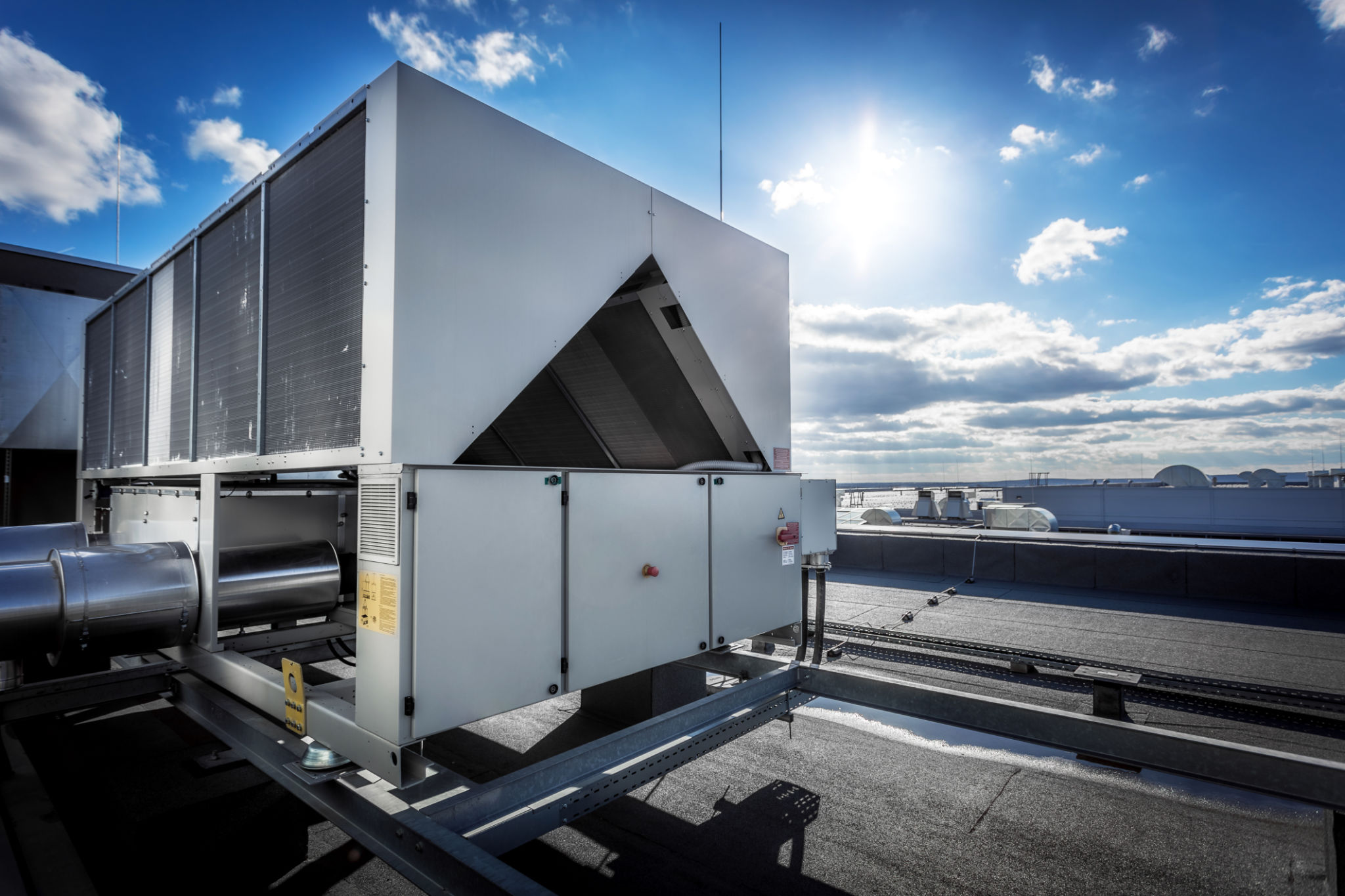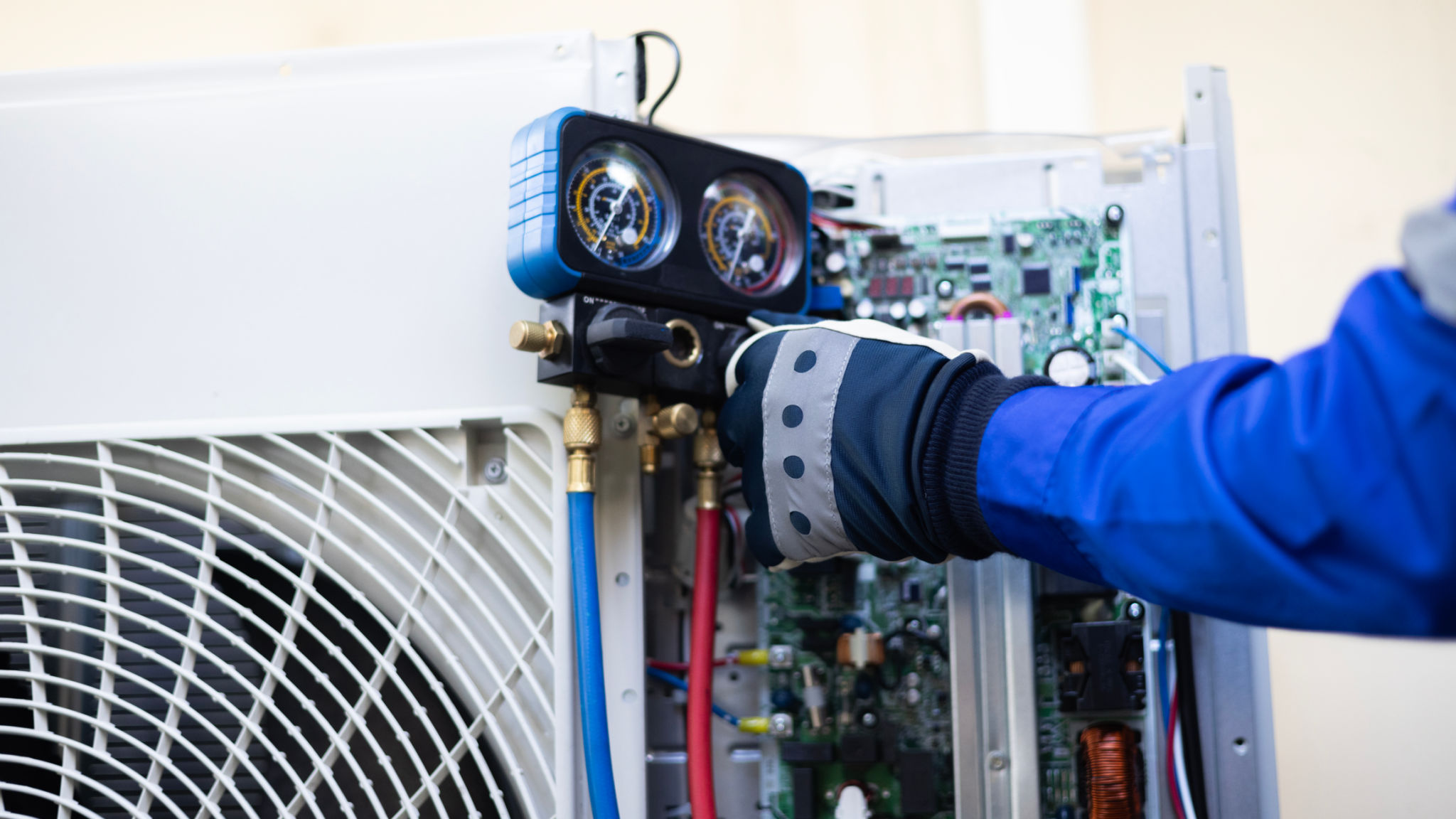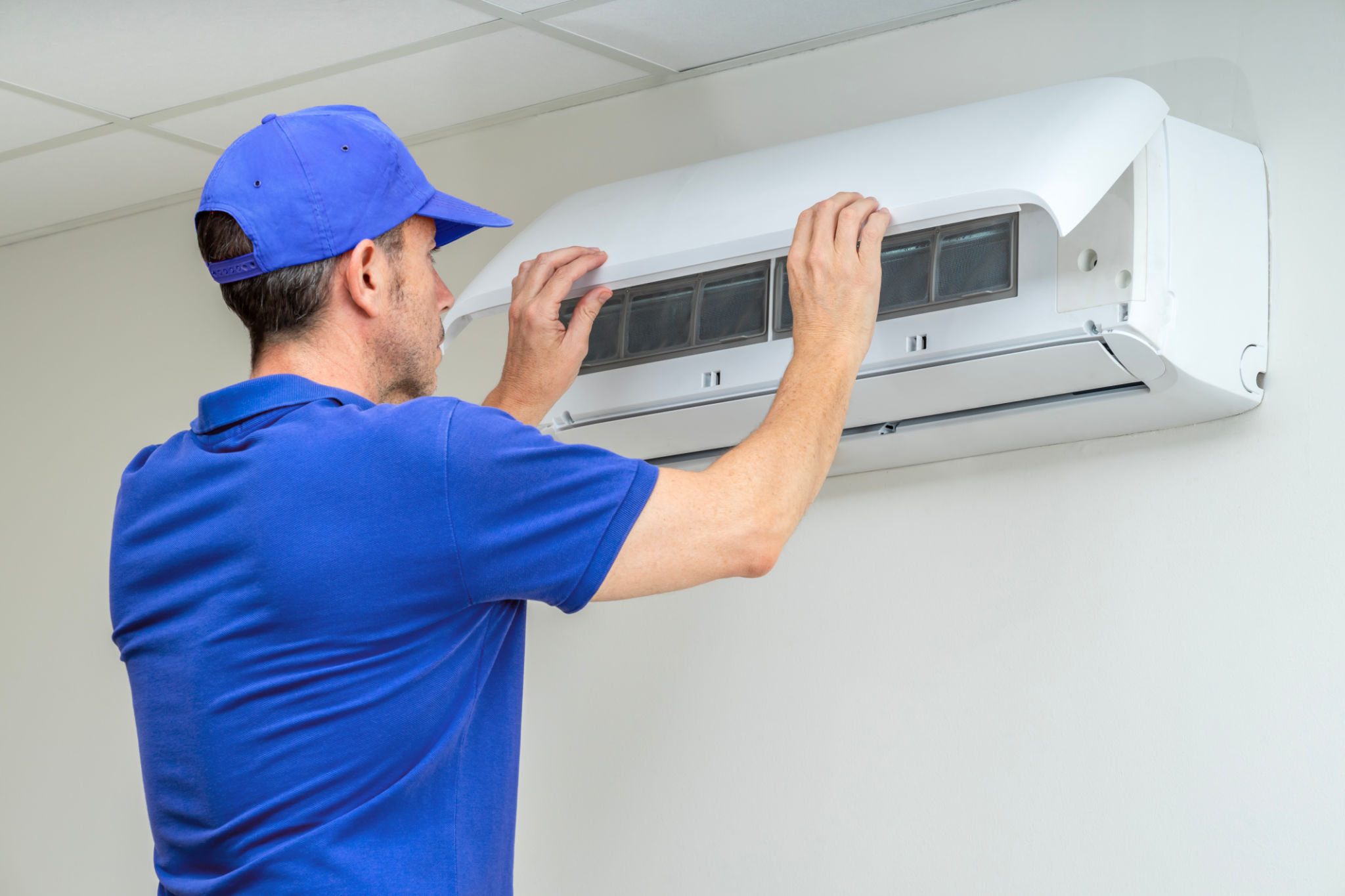Choosing the Right Commercial Cooling Systems in Denver
Understanding Your Cooling Needs
Choosing the right commercial cooling system in Denver begins with understanding your specific needs. Different businesses have varying requirements based on their size, type of operation, and the products or services they offer. For instance, a restaurant will have different cooling needs compared to a warehouse. It's crucial to assess the amount of space that requires cooling and the specific temperature requirements to ensure efficiency and cost-effectiveness.
Consider the local climate as well. Denver experiences a range of temperatures throughout the year, and your cooling system should be able to handle the peak summer heat efficiently. Investing in a system that can maintain optimal conditions regardless of external weather changes is essential for maintaining product quality and comfort.

Types of Commercial Cooling Systems
There are several types of commercial cooling systems available, each with its own advantages. The most common types include:
- Central Air Conditioning Systems: Ideal for large spaces, these systems provide uniform cooling through a network of ducts.
- Split Systems: Perfect for smaller spaces, these systems have separate indoor and outdoor units, offering flexibility and efficiency.
- Heat Pumps: These versatile systems can provide both heating and cooling, making them suitable for Denver's fluctuating temperatures.
- Evaporative Coolers: Best for dry climates, these systems use evaporation to cool the air, which can be more energy-efficient than traditional air conditioning.
Energy Efficiency Considerations
Energy efficiency is a critical factor when choosing a commercial cooling system. Not only does it impact your utility bills, but it also affects your environmental footprint. Look for systems with a high SEER (Seasonal Energy Efficiency Ratio) rating, as they consume less energy while providing effective cooling.

Another consideration is the type of refrigerant used. Modern systems use eco-friendly refrigerants that have a lower impact on the environment. Additionally, investing in programmable thermostats and regular maintenance can further enhance your system's efficiency, leading to cost savings in the long run.
Installation and Maintenance
Once you've chosen the right system, proper installation is key to ensuring its efficiency and longevity. It's advisable to work with experienced HVAC professionals who understand the specific requirements of commercial installations in Denver. They can also provide valuable advice on optimal system placement and setup.

Regular maintenance is also essential to keep your system running smoothly. This includes cleaning or replacing filters, checking for leaks, and ensuring all components are functioning correctly. A well-maintained system not only lasts longer but also operates more efficiently, helping you avoid unexpected breakdowns and costly repairs.
Cost Considerations
The cost of a commercial cooling system is influenced by several factors, including the type of system, its capacity, and installation complexity. While it's tempting to choose the cheapest option available, it's important to consider the long-term costs associated with operation and maintenance. A more expensive, energy-efficient system may save you money in utility bills over time.
Additionally, many manufacturers offer financing options or rebates for energy-efficient models, which can make higher-end systems more affordable. Be sure to explore all available options to find a balance between upfront costs and long-term savings.
Conclusion
Selecting the right commercial cooling system in Denver requires careful consideration of your specific needs, climate conditions, and financial factors. By choosing an energy-efficient system that suits your space and working with experienced professionals for installation and maintenance, you can ensure optimal performance and cost savings. Investing time in this decision will pay off in comfort, reliability, and efficiency for years to come.
